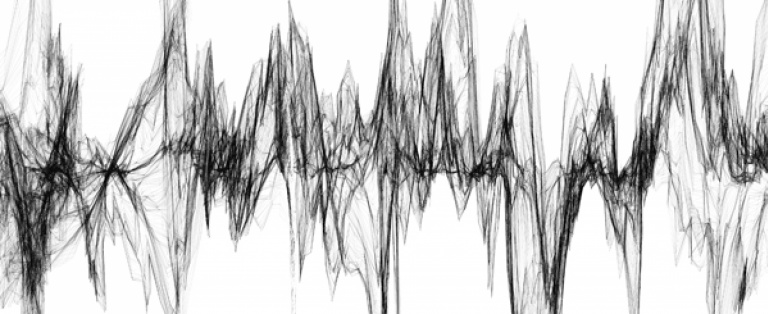From noise to noises – semiotic perspectives on auditory perception
Perceptual dynamics play a key role in human meaning-making. Research on auditory perception, however, has almost exclusively been focusing on noise pollution and music. With this talk, I will discuss how we make sense of sound. As a semiotic resource, the soundscape carries information about events relevant to the perceiving organism.
Throughout evolution, the auditory system has been shaped to detect, localize, and identify such significant events in the environment in order to initiate appropriate behavior. The sounds are, in other words, environmental sign vehicles to be picked up and utilized by the perceiving organism, allowing it to navigate in the surroundings, avoid potential dangers, etc.
Far from being a passive receiver, the auditory system is an active semiotic tool for collecting information relevant for the given situation. From the rudimentary hearing system of simpler organisms to the complex human auditory system, perception of auditory events is functional and instrumental; it guides the perceiver’s behavior by carrying information about potential interactions with the environment.
Frederik has degrees in Musicology and Cognitive Semiotics, and is currently finishing his PhD in Cognitive Semiotics at Aarhus University. His main research interest is soundscape semiosis - how humans make sense of their surroundings by means of sound.
